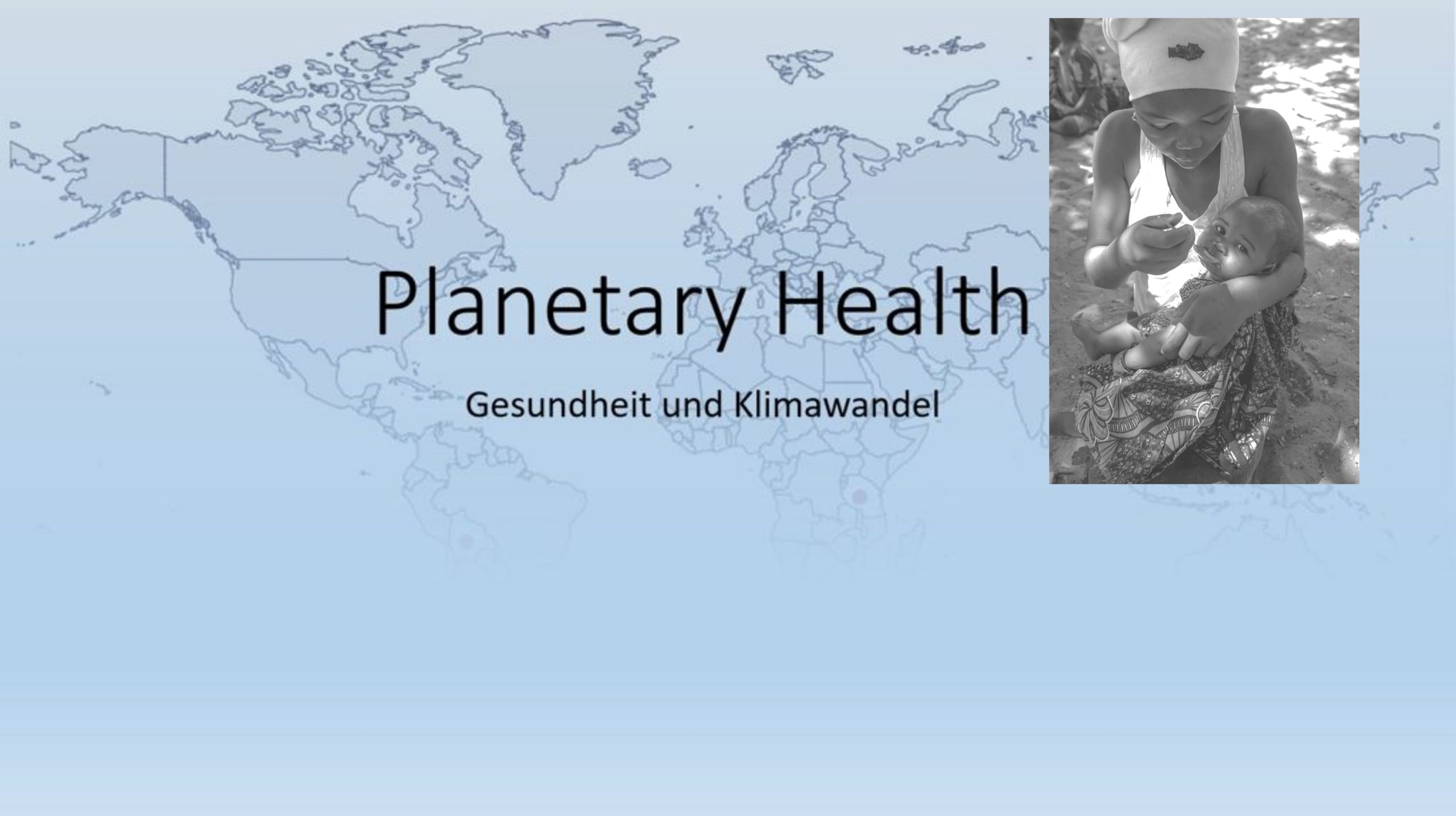It would be so simple...
Yes, it would be so easy - we would eat healthier and in one fell swoop we could not only do something for our health, but also contribute to environmental and climate protection.
Why is this so? Type 2 diabetes, obesity (morbid overweight) and secondary diseases such as cardiovascular problems are on the rise in our society. In Germany, more than 16 million people suffer from obesity. Worldwide, the proportion of overweight people has almost doubled in the last 40 years: in 1975, 21.5% of adults were overweight, in 2016 it was already 39%. The reason for this is primarily due to our lifestyle habits: A life of speed; rushing from one appointment to the next. In between, a quick, tasty snack, lunch to go (sometimes even 'to run') or from the freezer. Tastes good and fills you up.
Yet we actually know that this lifestyle is not healthy, that our bodies have to struggle so with bad carbohydrates, industrially processed oils and too high levels of glyphosate, sugar and salt.
However, we are not only harming our bodies, but also our environment: packaging waste, long refrigeration and transport chains as well as monocultures and the use of pesticides and environmentally harmful fertilisers are causing great damage to our ecosystem. Damage that in turn also affects our health.
In fact, this problem is a priority, especially in industrialised countries. Developing countries, on the other hand, are fighting against malnutrition and undernourishment. So far, at least: In recent years, more and more obese people have been recorded here as well. For example, eight of the 20 countries with the strongest growth rate in adult obesity are in Africa. Yet the fight against obesity could be particularly difficult here. First, adults who were exposed to hunger in childhood and adolescence tend to eat more or overeat due to their experience of hunger, and thus gain more weight. Secondly, public health systems in African countries are not prepared for obesity and the resulting diseases.
In addition, there is a lack of knowledge and information material on proper nutrition. What we already teach in kindergarten about proper eating habits is completely lacking here. We try to counteract this with various projects, for example in Tanzania. These include the Community Health Project, which we reported on in September 2021.
And that's not all: in most regions, waste disposal is also inadequately managed. In addition to unhealthy food, there are mountains of packaging material.
So is it really that simple? Yes, basically it is. Because every individual can act here, we are not dependent on the decisions of politicians. Everyone can change their eating habits, do something good for their own body, reduce the burden on the environment and at the same time reduce the demand for fast food products. There are already many suggestions on what is the healthiest and most sustainable way to do this. One example is the Planetary Health Diet.
And there is even more reason for hope: in recent years, there has already been a clear trend here towards more regional and healthy food. So let's keep working on the trend!



